Requires Prescription: Yes
Generics: Esomeprazole
Used For: Acidity & Ulcers
How It Works: Esomeprazole irreversibly binds to the H+/K+ ATPase enzyme in the proton pump of the stomach’s parietal cells. This binding inhibits the final step in the secretion of hydrochloric acid, leading to reduced acid production and altered gastric pH.
Usage and Safety:
Dosage: Follow your healthcare provider’s dosage instructions.
Side Effects: Common side effects include headache, gastrointestinal upset, skin reactions, and dry mouth. Rare side effects may include angioedema, anaphylaxis, and fundic gland polyps.
Drug Interactions: Potential interactions include:
Phenytoin
Warfarin
Clopidogrel
Ketoconazole
Itraconazole
Voriconazole
Diazepam
Citalopram
Imipramine
Clomipramine
CYP3A4 inhibitors or inducers
Tacrolimus
Digoxin
Erlotinib
Methotrexate
Indications: Used for treating heartburn, GERD, gastritis, and ulcers.
When Not to Use: Contraindicated in patients with known hypersensitivity to proton pump inhibitors (PPIs). Hypersensitivity reactions such as angioedema, anaphylaxis, bronchospasm, acute interstitial nephritis, and urticaria have been reported.
Precautions:
Long-Term Use: Extended daily use (e.g., longer than 3 years) may lead to malabsorption or deficiency of vitamin B12 (cyanocobalamin).
Warnings:
Hypomagnesemia: Rarely reported with prolonged PPI use.
Osteoporosis-Related Fractures: Long-term or high-dose PPI therapy may increase the risk of fractures in the hip, wrist, or spine.
Clopidogrel Interaction: Avoid using Ezium with clopidogrel.
Additional Information:
Pregnancy Category: Consult your physician before using this medication if you are pregnant or planning to become pregnant.
Storage: Store at room temperature, away from direct light and heat.


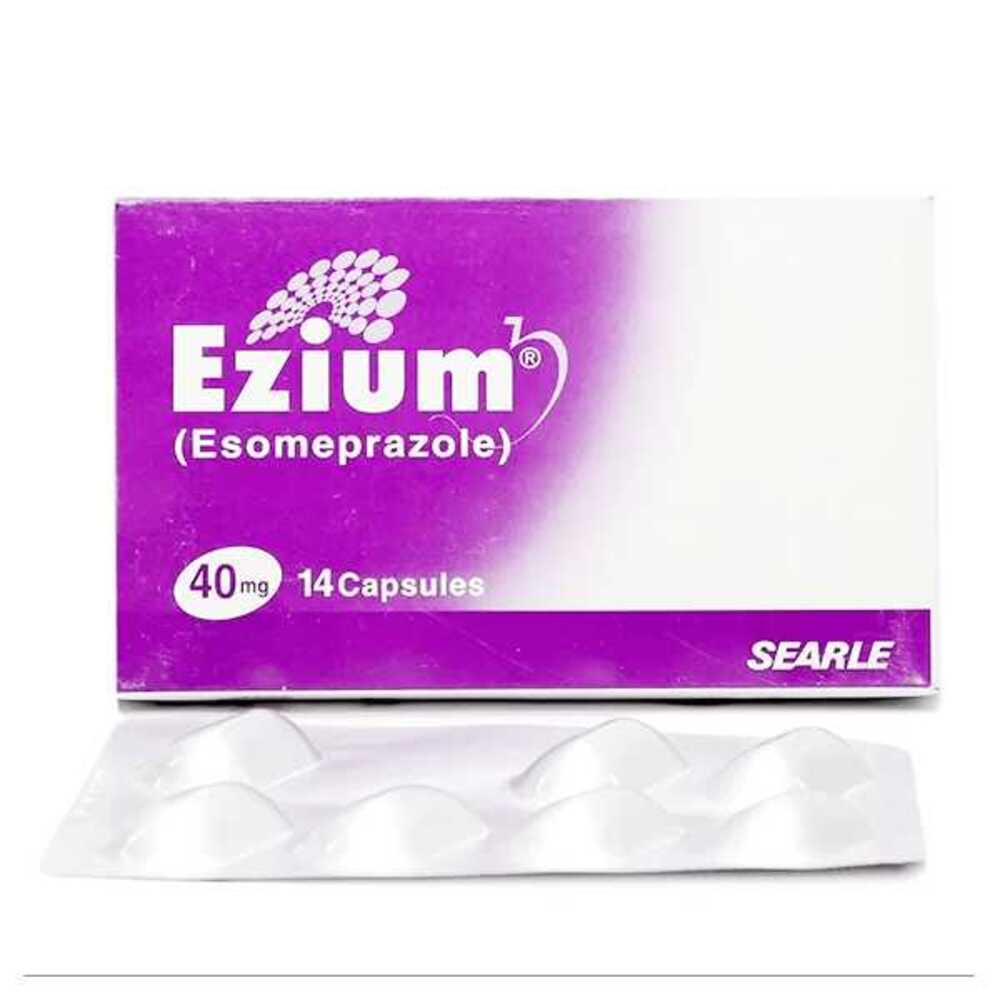





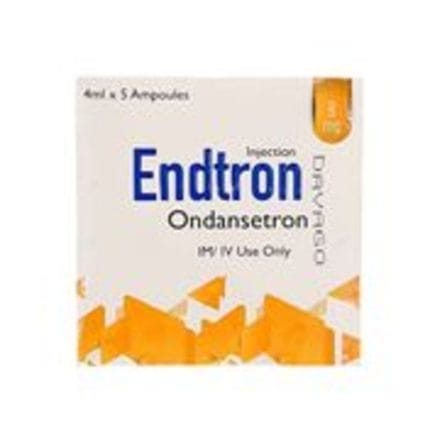
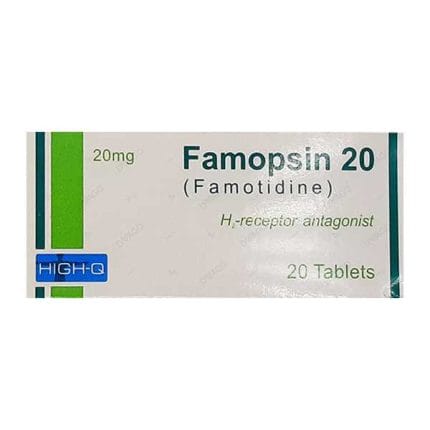



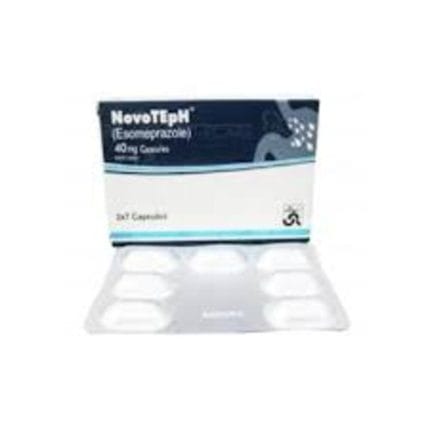
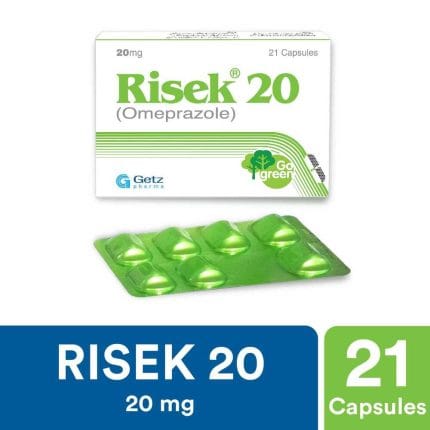







Reviews
There are no reviews yet.